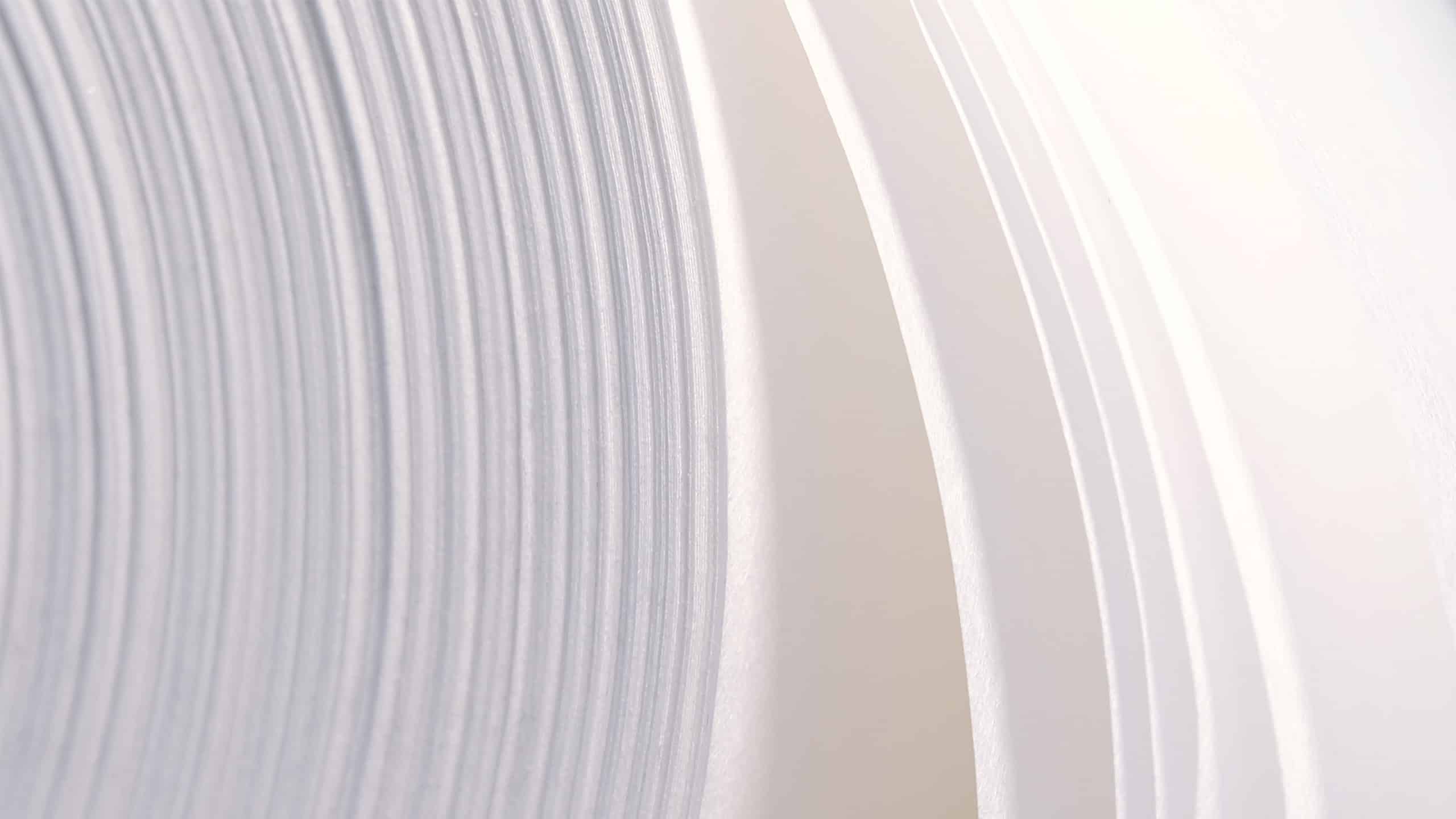Is a fibre-based polybag the sustainable packaging solution you need?

Understanding Fibre-Based Packaging
Fibre-based packaging has gained prominence as a sustainable alternative to traditional plastic packaging due to its renewable and recyclable properties. As outlined by the Confederation of European Paper Industries (CEPI), it is crafted from natural fibres, predominantly wood, which are processed into various packaging solutions. The environmental footprint of fibre-based packaging is significantly lower compared to plastic, as it utilizes renewable resources and is often derived from sources adhering to sustainable forest management practices.
Sustainable forest management is pivotal in producing fibre-based packaging. This practice involves managing forests to fulfill current needs without compromising future generations’ ability to meet theirs. CEPI emphasizes the importance of maintaining forest biodiversity, productivity, and ecological processes. By sourcing fibres from responsibly managed forests, companies ensure that their packaging solutions do not contribute to deforestation but support the renewal of natural resources.
The Benefits of Paptic’s Fibre-Based Polybag
Paptic’s fibre-based polybags offer a unique combination of durability, flexibility, and eco-friendliness, aligning with CEPI’s sustainability goals. Unlike conventional solutions, these polybags are engineered to endure handling and transit without tearing, allowing for multiple reuses and significantly reducing waste. The adaptability of Paptic materials suits various packaging needs, from garment bags to e-commerce mailers.
Furthermore, the materials provide a soft and silent tactile experience, often missing in traditional packaging. Paptic’s materials excel due to their moisture resistance, safeguarding contents even in humid conditions. This blend of features makes Paptic’s fibre-based polybags a sustainable and practical choice, enhancing user satisfaction while supporting CEPI’s environmental objectives.
Responsible Sourcing and Sustainable Forest Management
Fibres used in Paptic’s polybags are sourced from forests managed under sustainable principles, as advocated by CEPI. This approach ensures ecological integrity and biodiversity preservation. Responsible sourcing extends beyond forest health, acknowledging and preserving the economic and social benefits for local communities.
Adhering to sustainable forest management practices promotes growth and renewal within forest ecosystems, crucial for conservation and mitigating climate change by maintaining carbon sinks and reducing habitat pressure. Paptic’s commitment to responsible sourcing aligns with CEPI’s broader effort to foster sustainable industry practices.
Challenges and Considerations in Fibre-Based Packaging
Despite its benefits, fibre-based packaging faces adoption challenges. Initial costs for sustainable materials can be higher than conventional plastics. However, as CEPI suggests, growing demand for eco-friendly solutions will likely decrease costs through economies of scale. Scalability is another factor, requiring manufacturers to ensure high-volume production without quality compromise.
Consumer perception is also crucial. While environmental awareness is rising, some consumers may be unaware of fibre-based packaging advantages. Paptic addresses these challenges by educating consumers and businesses about product benefits and continuously innovating to enhance cost-effectiveness and scalability, in line with CEPI’s guidance.
Future Outlook for Fibre-Based Solutions
The future of fibre-based packaging is promising, with ongoing innovations and market trends favoring sustainable solutions. As environmental concerns spur demand for greener alternatives, Paptic is well-positioned to lead the industry, supported by CEPI’s vision. We are investing in research and development to improve our fibre-based materials’ performance and versatility.
Our focus on sustainability and innovation ensures that we remain industry leaders. By developing new applications and expanding our product range, we aim to meet evolving business and consumer needs. As more companies recognize sustainable packaging’s importance, Paptic is poised to play a pivotal role in shaping the industry’s future, offering viable and environmentally responsible solutions endorsed by CEPI.
